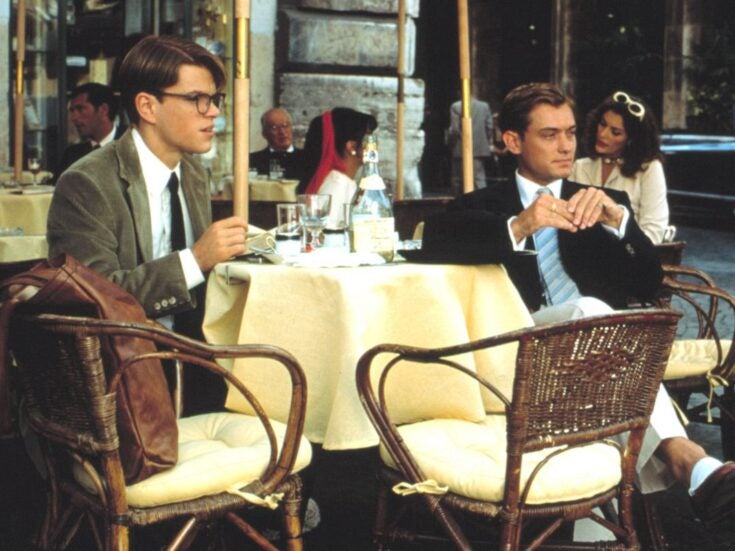Class war is normally an abstract concept. But it nearly became reality at How the Lights Get In, a Spear’s-sponsored philosophy festival in Hay-on-Wye, when hedge funder Jonathan Bailey declared to New Statesman journalist Laurie Penny that the ‘Sunday Times Rich Listers aren’t actually rich’ and that to be worthy, ’you need at least $1 billion’
Class war is normally an abstract concept. But it nearly became reality at How the Lights Get In, a Spear’s-sponsored philosophy festival in Hay-on-Wye, when hedge funder Jonathan Bailey declared to New Statesman journalist Laurie Penny that the ‘Sunday Times Rich Listers aren’t actually rich’ and that to be worthy, ‘you need at least $1 billion’.
Speaking in a Bedouin tent crammed with an odd mix of velvet-clad men and velcro-clad women, they were there to debate whether there should be limits to the wealthy’s power and whether the group add anything to society. It was all very civil until Bailey, in the midst of arguing that HNWs trading private donations for public contracts was nothing new, said to Penny that her heroes ‘Stalin and Mao Tse-tung’ were testament to the fact that ‘we all succumb to the corruption of human nature ultimately’.
This caused a minor convulsion, and Penny’s face turned as red as her politics. Perhaps the most interesting part of the talk came, however, when moderator Felicity Evans asked whether money was not so much trickling down to the poor as flooding up to the rich? William Cash, editor-in-chief of Spear’s, jumped in, saying that despite the fact that the wealthiest 1 per cent’s assets had grown 72 per cent in a decade, they were in fact an easy and mistaken target post credit crunch.
He argued that, more widely, their actions had ‘a positive ripple effect across society’ and thus that ‘the line that the super rich are merely interested in themselves is a little naïve.’ The sentiment was echoed by Bailey. ‘Wealth without frontiers is something we should celebrate,’ he said. ‘UHNWs create jobs, wealth and opportunity.’
Too much agreement at a debate is never a good thing, though, so the topic was quickly shifted on to more controversial territory. What are the drawbacks of the new class of global citizens, prodded the moderator?
Far from the puzzled looks that one might expect from such a panel, there was fervent chatter. Cash highlighted first that where as the aristocracy were traditionally grounded to their communities, today’s global elite fly around in private jets, completely under the radar, bound to no one and no thing. ‘This disconnect is worrying considering many entrepreneurs have more power than elected politicians,’ he mused.
Next he attacked the motion proposed by Bailey that we live in a meritocracy. By pricing elite education out of the reach of the middle classes, he reasoned, the wealthy have colluded to perpetuate the success of their kin; in effect, they have kicked the rungs out of the ladder out after they’ve climbed up it.
The moderator, sensing blood here, handed over to the increasingly agitated-looking Miss Penny. In a full-frontal attack on the Big Society, she argued that not only were the wealthy denying opportunity to others, they were not giving anything back. As evidence, she compared the 20 per cent increase in the net worth of the Sunday Times Rich Listers to the £800 million fall in charitable giving this year. ’As the recession deepens, the rich are pulling away from the poor massively,’ she summarised.
More worryingly still, though, she reinforced the point by adding that this was not specific to the bad times. Between 2002 and 2007, she announced, 65 per cent of US income growth went to the wealthiest 1 per cent. Penny was on a roll at this point but she lost the audience when she replied to the question, would you be content if the wealthy gave away all their wealth voluntarily, ‘absolutely not’.
The audience gasped, sensing the revolution. To the rescue came Cash. Citing Norway as an example of a country with the highest number of millionaires per capita but the lowest level of philanthropy, he asked why? ‘Because there is a culture within billionaires that you give back through your taxes.’ And thus the argument looped back on itself, in time for us all to embark on the four-hour marathon back to London.






